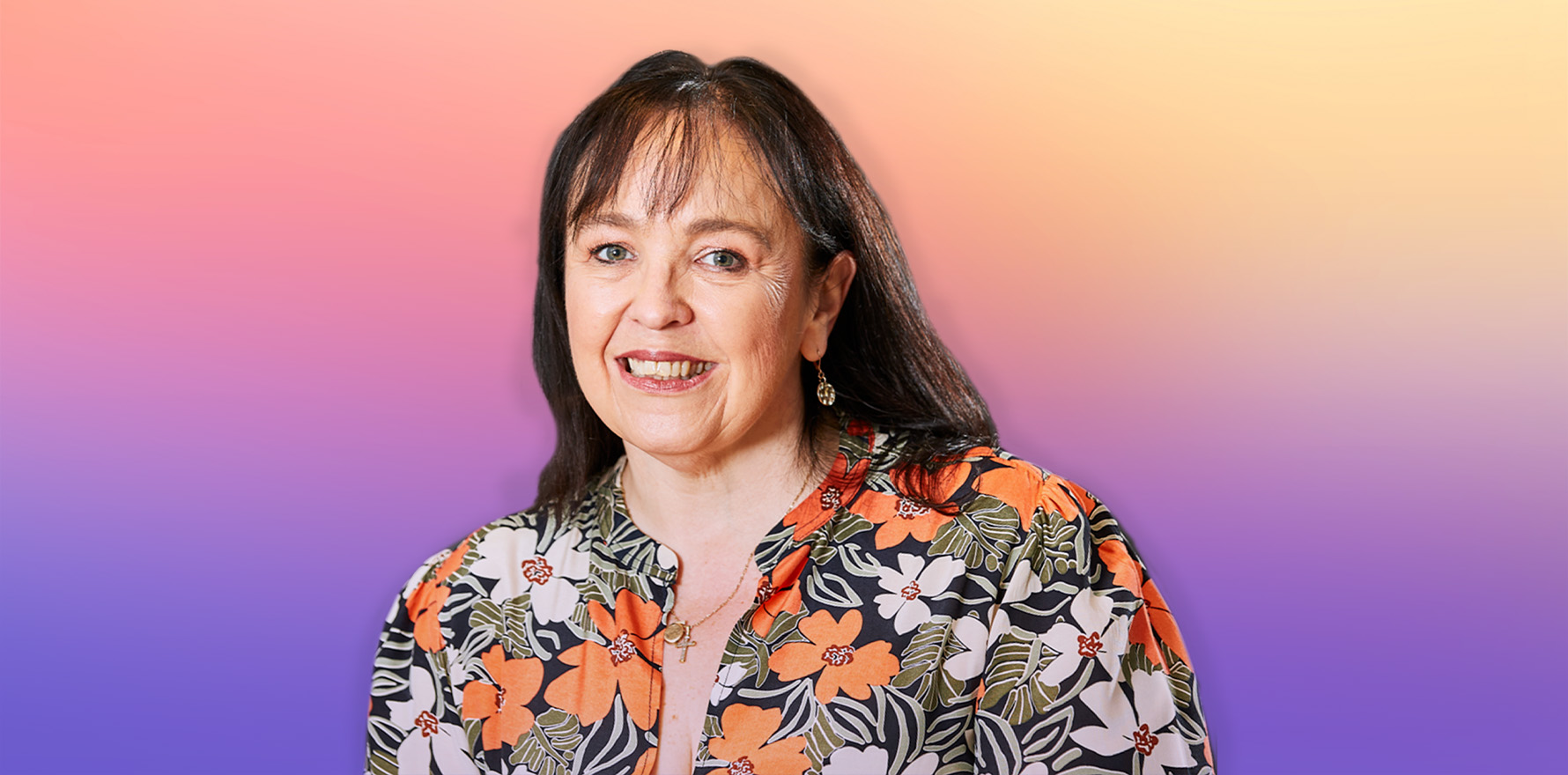The annual GP training survey found satisfaction levels stayed the same or improved through the transition to college-led training.
College-led GP training could have been a disaster, but it looks to have been pulled off without a hitch – even if the majority barely registered the change.
One year on from the official handover of GP training, the Australian Council for Educational Research has released its annual survey of registrars on the Australian General Practice Training Program.
The data itself was collected about six months after the transition and represents the views of around 40% of the training cohort.
Satisfaction with training facilities sat at around 95% across all measures.
It represents a slight rise on the satisfaction levels reported in the 2022 edition of the survey, which hovered closer to the 90% mark.
Registrar satisfaction with training quality, feedback and support was also consistent with 2022 results – if just slightly lower.
Where the 2022 satisfaction levels were 85% or above on all measures relating to their regional training organisation, the responses from the 2023 cohort satisfaction levels were between 80% and 85% across measures.
When asked how they felt about the transition back to profession-led training, close to one in four trainees said they did not understand the change.
One in three GPs-in-training felt the move had a negative effect on their education, 60% said they were not at all impacted by the process and just 8% said the transition had positive effects.
Qualitative responses indicated that most registrars attributed the best aspects of their training experience to their current workplace or practice, supervisor and mentor support.
The survey results also indicated growing support for new employment models, with just under half of registrars agreeing that they should have a single employer across their GP training.
General Practice Registrars Australia noted that 85% of respondents still planned to work as private GPs later on in their career.
RACGP registrars were more likely to be content with their current employment arrangements than ACRRM doctors, but a similar proportion of both were in favour of trying out a single employer model.
Around half of the respondents also supported portable leave entitlements, something that has made the budget wish list of the AMA, GPRA and RACGP.
Intriguingly, responses around the types of paid leave that should be supported varied from the types of leave proposed by the peak bodies, which focused firmly on parental and study leave.
While 91% of registrars said study leave would be beneficial, just 63% said parental leave was useful.
The support for paid long service leave, annual leave and personal leave sat at 83%, 79% and 68% respectively.
The seeming unpopularity of paid parental leave may be explained by the fact that 63% of the responding registrars were female, and women are the main beneficiary of parental leave entitlements.
“GP registrars are currently funding their parental leave and that is very unfair,” one female respondent said.
“A step in the right direction for gender equality should be paid parental leave for all GP registrars.”
RACGP president Dr Nicole Higgins said the results spoke to “a training program that supports and mentors doctors”.
“The RACGP took a leading role in GP training, our educators and support teams have dedicated themselves to providing a welcoming, supportive, rigorous, and engaging training program and these results reflect that,” she said.
“They also speak to the limited disruption to GP training the college has delivered for registrars, GPs, and the communities who depend on them.”
The college’s GPs in Training chair Dr Rebecca Loveridge said the survey data was indicative of a smooth transition that had consolidated the work of multiple regional training organisations.
Related
Just a few weeks ago, the RACGP announced that training lead Georgina van de Water would be stepping up as CEO later in the year.
“These survey results are confirming what we already were seeing on the ground, which is that the overall outcomes are positive,” General Practice Supervision Australia chair Dr Srishti Dutta told The Medical Republic.
One voice missing from the training survey was that of GP supervisors, something GPSA is hoping to rectify by conducting its own national survey.
Dr Dutta said she was hopeful that supervisors would still reap some benefits from the ACER survey.
“Let’s look at it this way – the registrars giving a thumbs up allows the colleges to now potentially focus more on supervisors and training places to see what other improvements can be made,” she said.





